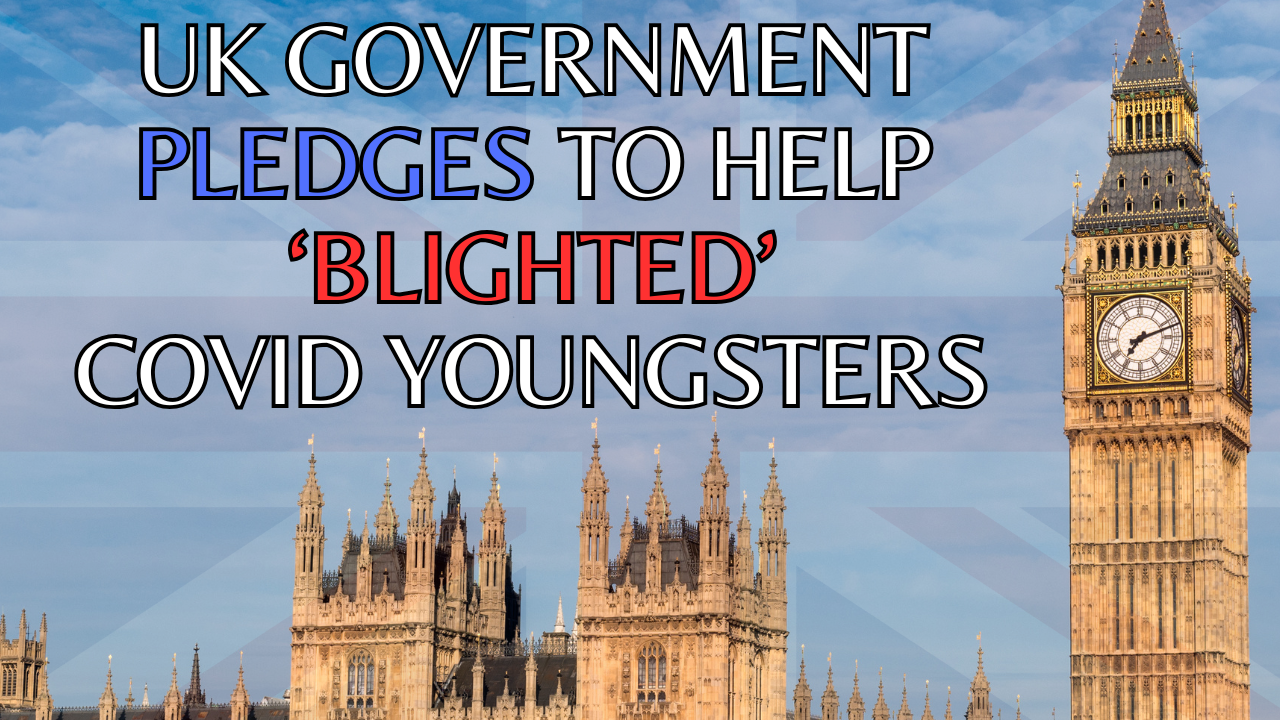UK Government pledges to help ‘blighted’ COVID youngsters
THE UK must provide more opportunities to ‘the Covid generation’ of youngsters whose futures were blighted by the pandemic, the work and pensions secretary has said.

Liz Kendall told Parliament last week (NOV 26) that she was determined to give youngsters hit hardest by Covid “the chances and choices they need to build a better life”.
The Cabinet minister was speaking in a debate following the release of the government’s Get Britain Working white paper. It was billed as introducing “the biggest reforms to employment support for a generation” with the aim of achieving “an ambitious 80 per cent employment rate”.
The white paper – a policy document that sets out government plans for future legislation – includes a promise to deliver 8,500 new mental health staff. It also details reforms to Jobcentres and promises wider access to work and learning opportunities for youngsters. During the debate that followed the release of the paper, Blair McDougall, Labour MP for East Renfrewshire, stressed the importance of helping youths whose lives were hit by Covid and the measures employed to tackle it.
The pandemic saw schools closed and pupils forced to work from home. Masks were also introduced in classrooms. GCSE and A-Level students were particularly affected by the disruption to their education.
Mr McDougall said children disenfranchised by the pandemic had been ‘washing up’ all over the country.
He told the Commons chamber:
“If we search the record of this place, we see the phrase ‘no child left behind’ mentioned over and over again, but during the pandemic, children were left behind.
“They have been washing up on the shores of social work, of the police sometimes, and of childhood mental health services, and I know from visiting my jobcentre in Barrhead that they are now washing up on its shores as well.
“What will this White Paper do to help that covid generation who were left behind?”
Ms Kendall replied that while in opposition she had visited a Jobcentre in Leicester. She said:
“The very first thing its manager said to me was that the big problem was young people and mental health—the covid generation. They deserve more opportunities to earn and to learn. The country must do this.”
She added that the most alarming problem was a rise in youngsters not in education, training or employment. The white paper, she said, bore similarities to the ‘youth guarantee’ brought about under Tony Blair’s administration.
She said:
“This is a version of that, facing the problems of today and tomorrow to give that pandemic generation the chances and choices they need to build a better life.”
Andrew Lewin, the Labour MP for Welwyn Hatfield, pointed out the “sad reality” that fewer were in work today than before the pandemic. He said:
“I am under no illusions about the scale of the challenge. When I talk to young people in Welwyn Hatfield, the thing that most concerns me is that they often cite problems with their mental health as being a barrier to getting into work or progressing in work.
“We on the Labour Benches understand that investment in a healthy workforce is a down payment on future prosperity for us all.”
He asked whether Ms Kendall would be working with Health Secretary Wes Streeting to ensure government departments were in ‘lockstep’ in tackling the issue.
She replied: “In the interests of brevity, yes.”
